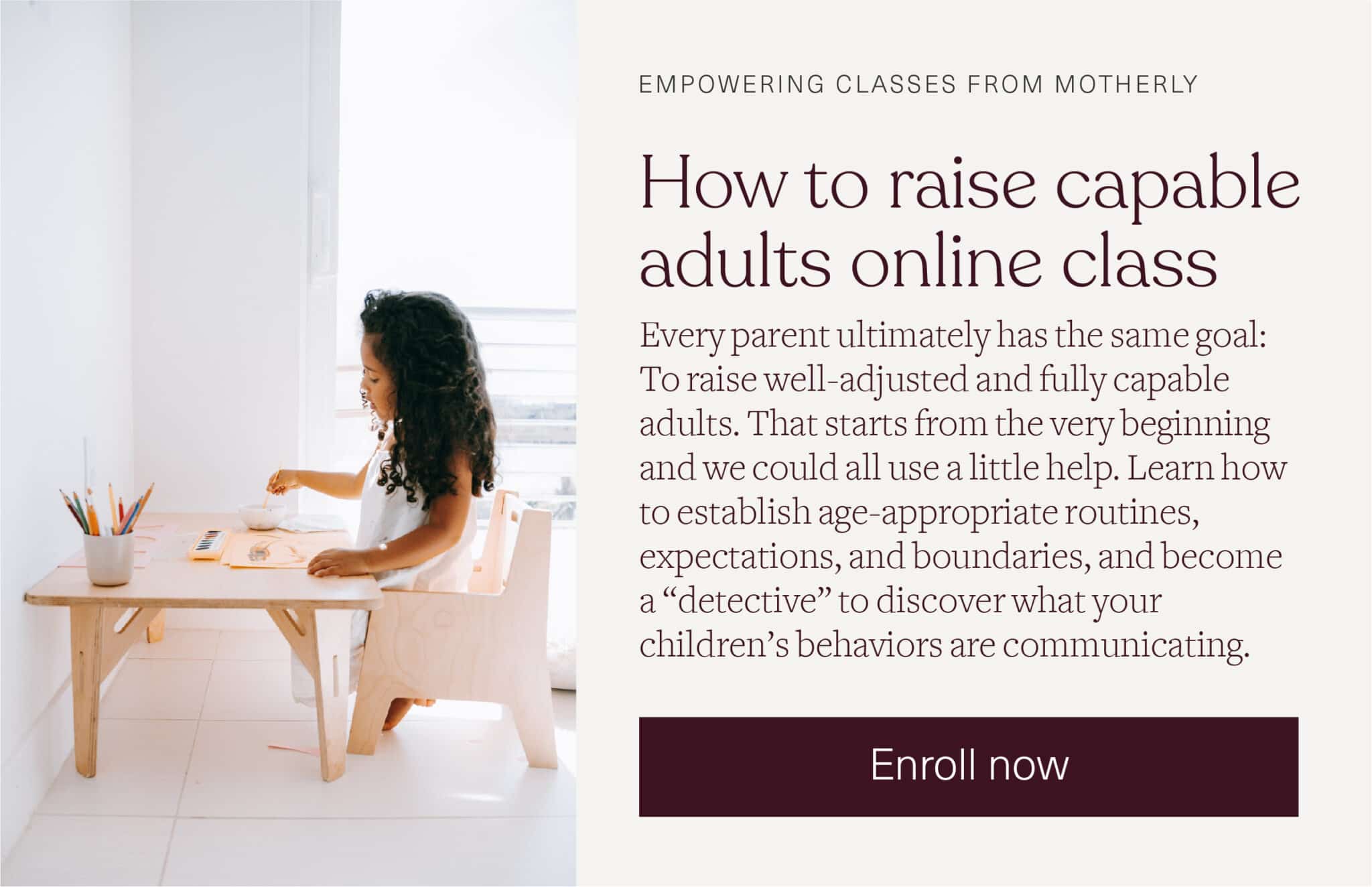I want my kids to fail
I hope my kids fail. Some small failures, some sort-of-big and slightly-messy ones. And I want them to experience these weepy disappointments while they’re still young.
My daughters are only three and two years old, and I can see the way the world around them already demands and rewards success.
“Good job!” The world beams back at them when they step onto their tiny stages of accomplishment.
“You’re so smart!” Their admirers kvell.
Related: Dear parents, please stop rescuing your children from failure
But I’m nervous about these compliments already. I don’t want my girls to think that their accomplishments are because they’re “so smart”— because what happens when they stumble?
Will they believe they’re not so smart? Not so creative? Not so… everything?

When I was in eighth grade, I selected magic as the topic of a yearlong research project. In the culminating presentation, I performed a classic cups-and-balls magic trick. It didn’t go as planned. A meant-to-be-hidden ball went rolling across the table, as all of my classmates looked on. Ultimately, and probably regardless of my trick stumble, I received an A-minus on the project.
I was not a “minus” kind of student. To me, this represented complete and utter failure after a year’s worth of hard work.
“I must not be cut out for this,” I thought at the time. My childhood-long fascination with magic tricks came to an abrupt end that day.
I think these kinds of self-defeating beliefs are really common in kids, and especially with girls. Girls, in particular, receive messages from very young ages about what they should do and what they’re capable of.
They’re commonly told how “smart” and “good” they are. But what happens when they don’t succeed? If they’re anything like me, they just think… “Well, I guess I must not be that smart.”
So I’m on a mission with my daughters. I want them to see that stumbles are a part of the process. And I want them to experience failure—and ideally from a very young age, while the stakes are really low and we can still practice together how to recover. (I’m so committed to teaching my girls the value of persistence that I wrote a kids’ book called Hocus Pocus Practice Focus: The Making of a Magician to really show them that failures are essential on the path to success.)
Related: Why I don’t immediately pick my kids when they fall
In our house, we talk a lot about practice and effort. When my three year old brings me a drawing, I simply ask her to tell me about it.
I want to reward her efforts, not the results with a pat, “Wow, good job! Great work! Love it!”
When my two year old struggles to complete a puzzle, I try not to intervene. And if I do, I try to do as little as possible. I want her to feel every fiber of her frustration so she knows that tricky feeling is an OK one to have.
I want her to build up that grit before she’s an eighth grader quitting a beloved hobby after one hiccup—or worse, before she’s 18 and quits the major of her dreams because she’s afraid to get a “B.”
So I compliment their efforts. I read them my book. I muster every ounce of my instinct to avoid fixing all of their problems. And I hope that they fail. And I hope that they learn that stumbles are an important part of life.
Because if they fail—and then they persist—I’ll know I’ve succeeded.
